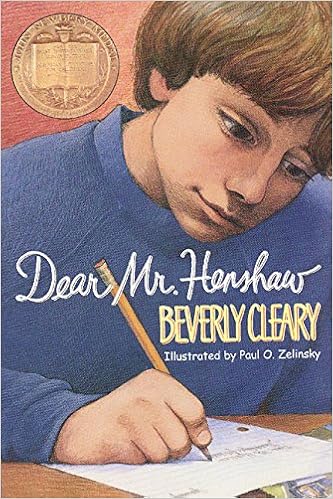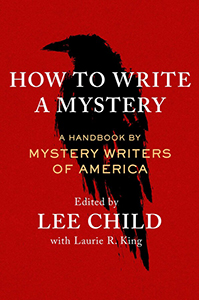It started in Yakima in the 1940s. A small boy complained to a librarian that there weren't any books about kids like him. And, of course, he was right. Most children's books were European fairy tales or stories of upper class English children.
So the librarian decided to write a story about a boy growing up in her hometown of Portland, Oregon.
By the time that librarian, Beverly Cleary, died in March at the age of 104 her books had sold 90 million copies. Portland has honored her by naming a school and a library children's room after her, and by placing statues of some of her characters in a park near where they (supposedly) lived.
Not bad, huh?
Her first book was Henry Huggins, about a little boy who lived on Klickitat Street. But she truly found her muse when she started writing about Ramona Quimby, the younger sister of Henry's friend Beezus (Ramona's pronunciation of Beatrice.)
It's hard to explain what makes Ramona so special because she was, well, so ordinary. No super-powers, no daring adventures. Just a bright kid trying to cope with everyday dilemmas and injustices. Did her teacher think she was a nuisance? Did another kid get credit for for her work? And (more seriously) will her father find a new job? Read Ramona the Pest and see how a master can turn the minutiae of a kid's life into literature.
Cleary won the Newberry Award for Dear Mr. Henshaw, which I highly recommend. If you wanted to get all high-brow you could say it's a book about writing therapy. It was inspired by two kids who each asked Cleary to create a novel about divorce. In the book sixth-grader Leigh Botts writes a letter to his favorite author full of very standard kid-to-writer questions and Mr. Henshaw responds with a snarky list of questions of his own. That leads Leigh to begin a diary and he uses it as a way of coping with his family trauma while, at the same time, learning to write.
Moira MacDonald, who writes for the Seattle Times, decided to read (or re-read) Cleary's books after her death and came up with an interesting insight. Cleary's young adult novels, she said, seem hopelessly old-fashioned and dated, but her children's books are fresh as springtime.
Which may mean that there's something universal about being a kid (in spite of what that blessed little boy in Yakima said).
And that reminds me. I have been reading the Mystery Writers of America's excellent new manual How To Write A Mystery (full disclosure: I have one page in it), and Chris Grabenstein has an essay about writing for children. He says: "[D]on't put a chalkboard in your classroom scene. Nobody uses chalkboards anymore. They are dusty relics. Do try to remember how it felt to be in front of a class, unable to solve a math problem because, oops, you didn't do your homework. The feeling is the same."
Universal.











